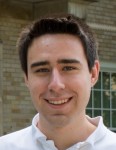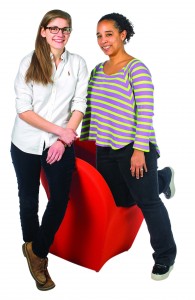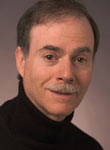Reprinted from the Cornell Chronicle, May 22, 2017.
For decades, higher ed administrators have talked about the need for more female professors in science, technology, engineering and mathematics departments.
But what is the best way to recruit and retain those professors?
On that point, men and women sometimes disagree, according to new Cornell research.
A national study of college and university administrators has found that female department chairs, deans and provosts have different attitudes and beliefs than their male counterparts about how to retain women professors in STEM fields. It also supports the assertion that placing women in administrative roles creates greater emphasis on the importance of enacting policies to attract and retain women in STEM.
Female administrators gave higher ratings to many policies and strategies designed to improve the lives of women in science, the study found. And they disagreed with men about the value of some policies and strategies designed to retain female STEM professors and enhance their work lives.
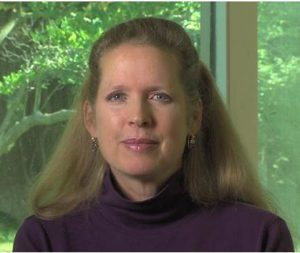
“Most typical strategies for retaining women professors in STEM are seen as higher quality by women administrators than male counterparts,” said Wendy M. Williams, professor of human development at Cornell’s College of Human Ecology and lead author on the study. “Topics of disagreement between female and male administrators are important focuses of future policy and planning, because female administrators may have insights into how to retain women professors that male administrators do not share.”
The study, “Does Gender of Administrator Matter? National Study Explores U.S. University Administrators’ Attitudes About Retaining Women Professors in STEM,” was published May 22 in Frontiers in Psychology.
“Women further endorsed greater flexibility with federal grant funding to accommodate mothers with young children, and they placed more emphasis on devoting university resources to conduct and disseminate gender-equity research than did their male peers,” the study said.
And women were more supportive of requests from partners for shared tenure lines that enable couples to better balance work and personal/caretaking roles, and saw it as more feasible than men did for men to stop the “tenure clock” for one year due to childrearing demands, the study found.
Over the past two decades, women have made substantial progress in most STEM fields, though inclusion in the senior ranks of all fields and in professorships in mathematically intensive fields is lagging. This has motivated administrators and gender-equity advocates to lobby for policies to increase female representation.

For the study, the authors, which included two other human development professors, Stephen Ceci and Felix Thoemmes, reviewed research on female administrators in STEM and designed a database of 44 potentially effective policies to recruit, retain and promote female administrators in STEM. They asked provosts, deans, associate deans and department chairs of STEM fields at 96 U.S. research-intensive universities to rate the quality and feasibility of each policy.
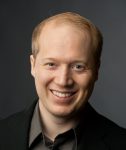
According to Williams: “When people lobby for women and people of color in high-level administration, they often state that diversity will bring new priorities for attracting professors from underrepresented groups and advancing their careers. Our data support this assertion, although male administrators did endorse many of the same priorities to a lesser extent.”
Other notable data from the survey showed female administrators believed it was not feasible for female faculty to be called upon to chair search committees to the same extent that male administrators did – reflecting women’s belief that female professors are overburdened by service demands.
In addition to favoring potential remedies, female faculty also rated strategies for retaining women as higher in quality overall, while male administrators saw these strategies as lower in quality.
But the administrators did find some common ground, according to the study. Men and women agreed most of the time on the relative ranking of strategies, with both genders basically agreeing on what constituted the best or worst strategies among the 44 they evaluated. Top-rated strategies were to provide on-campus child care centers, offer equal opportunity for women and men to lead committees and research groups, develop mentoring programs to reduce isolation of female faculty, and stop the tenure clock for raising children for up to one year. Also highly rated were strategies to provide one semester of fully paid leave for giving birth and to train department chairs on helping faculty manage work-life issues. The two lowest-rated strategies were setting gender quotas for hiring and promotion.
“This is heartening news,” the researchers wrote, “since agreement about what constitutes a good strategy generally makes it simpler to get the strategy actually introduced as a policy.”
Stephen D'Angelo is assistant director of communications for the College of Human Ecology.


